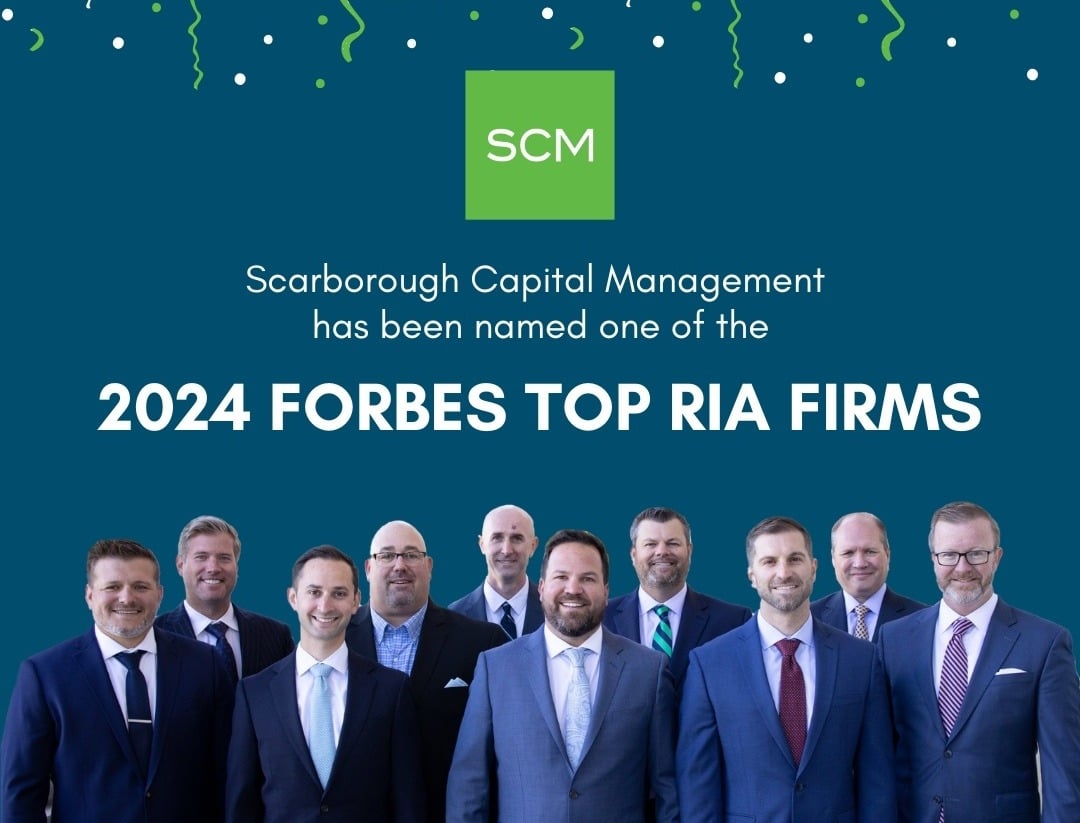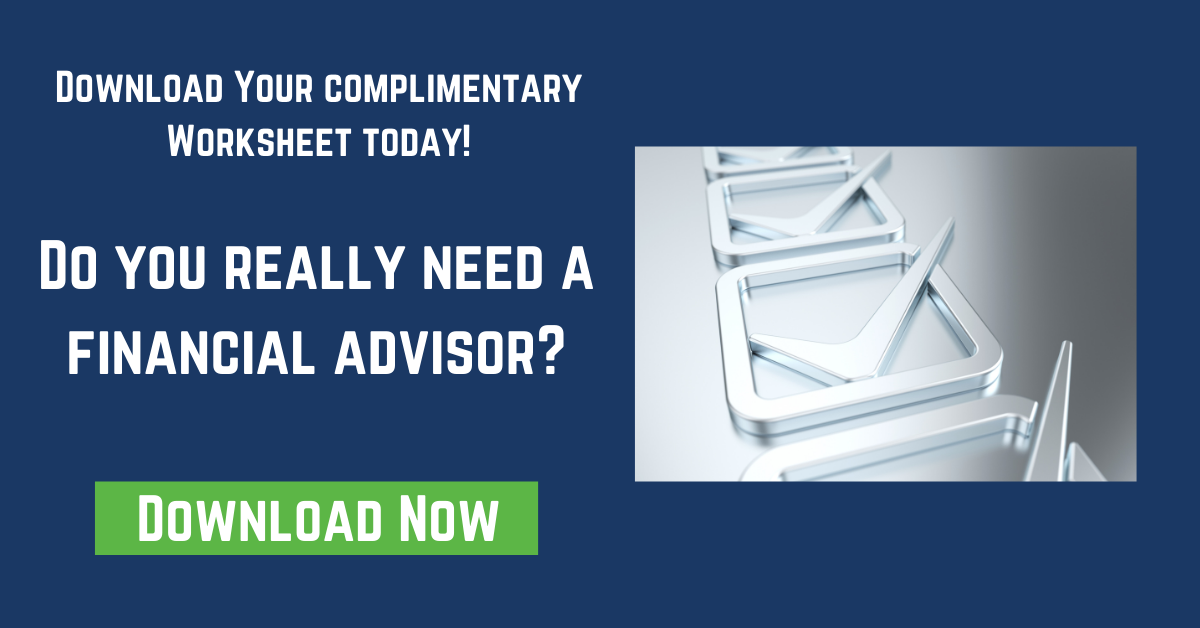-1.png)

by Joshua P. Goldsmith
What is an Emergency Fund? And Other Financial Planning Facts
Things may be going well for you right now. You may be advancing in your job, your investments are rebounding and life, overall, may generally feel comfortable and easy. We wish this for everyone. However, it’s a financial planning fact that this situation won’t continue forever. Emergencies happen.
Sometimes it’s a “small” emergency, like immediate repairs needed on your house. Other times, there are major emergencies, such as a natural disaster or an unexpected layoff.
While these situations are usually unpredictable and you may not have seen it coming, you can be better prepared to handle the emergency financially.
The secret is an emergency fund.
At Scarborough Capital Management, we have been helping busy professionals and families with their financial planning needs since the 1980s. In our experience, we know that typically, it’s not until someone is in the midst of a financial crisis that they wish they had extra funds available.
Simply put, that’s what an emergency fund is, and why it’s so important. The rule of thumb is to save at least three to six months’ worth of expenses, so if you are, say, unemployed for a period of time, you can fall back on these funds and help bridge the gap for when you’re working again.
Life is like a rollercoaster ride – ups and downs are inevitable. However, by being proactive, realistic and consciously working toward building an emergency fund, we can make the downs a bit more bearable.
Remember, failing to plan is planning to fail. Think of your emergency fund as a safety net for those unexpected times. If you don’t start to build a safety net now, then there won’t be anything there to catch you when you fall on hard times. A proactive approach rather than a reactive approach to your future and financial needs is the key.
Slowly but Surely
The most vital part of creating an emergency fund is deciding to commit to a plan and sticking to it. One of the first steps you can take today is to reach out to your bank to create a separate account from your primary savings account. Most banks offer these services online.
One good action usually leads to another. By committing to this first step, you open the door for many other positive activities to follow.
Creating an emergency fund is more so about developing a mindset and the habits to support it.
Many people think that you need to make more money to save more money. But a more in-depth look at your current financial state may prove otherwise. It’s not always about making more money. Many of today’s young millionaires have made their fortune by the way they save and are wise with the money they currently have or make. (Download our free eBook: How to Become a 401(k) Millionaire.)
“Small” habits, like making your own coffee at home as opposed to going out, and therefore saving the $5 you’d spend on a fancy drink, can add up quickly and help you more in the long run. You may even be able to tell the difference in as little as a week.
Financial Confidence
By making wiser spending choices, we can achieve financial confidence that makes life more enjoyable. Having a roadmap makes any journey more manageable, and that is what a budget is to an emergency fund.
Wanting to create an emergency fund is one thing, but without a financial roadmap, you can be wandering around for months, even years, and not come close to being on track to achieving your goal.
Creating a budget doesn’t mean that we can only spend our money on bills from here on out. The key is to include leisurely spending into our budget – and then stick to it. Start by combing through your monthly expenses and making a list of them. Decide which ones are essential and which ones are not.
Rent, food, insurance, loans, gas, and similar expenses are essentials. Lavish shopping trips, unplanned expensive nights out, and vacations are not. These are also not emergencies! We see it time and time again: People drain their emergency funds to take a trip or buy something they’ve been eyeing, and then when an emergency does happen, they are unprepared. Many of us quickly find ourselves playing an intense game of financial catch-up because we felt like we could skip a month – or four – of our budgeting.
If you need help getting started, contact us. Scarborough Capital Management has affordable plans that can get you on the right track to financial freedom.
Be Realistic
We hope this blog post has inspired you to get started, but it’s important to be realistic. It may be unrealistic to think that you are going to save $500 every month. Instead, putting away $83 toward your emergency fund may be a more realistic plan – and not so overwhelming. When we are overwhelmed, throwing in the towel and giving up becomes easy.
Contact a financial advisor to see what amount really makes sense for you.
There may be ways to allocate more money to your emergency fund to get it started. For example, did you recently receive a bonus at work? What about an inheritance?
Over time, you may find yourself beginning to challenge yourself more when it comes to saving and building on your emergency fund. It may start to feel like a game – a game that you are winning. You may start to see the value of a dollar and look at it differently than before.
That is the power of habit. But remember, they say it takes 66 days to form a new habit, so give it time, and give yourself some credit.
Take the first step. Instead of sitting there, worrying and wondering about when an emergency may occur or if you will be prepared for the next hardship, arm yourself with real financial planning facts, be proactive, and get to work on establishing a secured financial future for yourself.
The opinions voiced on this blog are for general informational purposes only and are not intended to provide or be a substitute for specific professional financial, tax or legal advice or recommendations for any individuals.
Before investing in a 529 plan, you should inquire about the particular plan, its fees and expenses. You should also consider that certain states offer tax benefits and fee savings to in-state residents. Please consult your tax advisor regarding the state and federal consequences of the investment.
Scarborough Capital Management is not affiliated with the US Government or any governmental agency. As such, this content was not approved, endorsed, or authorized by the US Government and/or any governmental agency.
Go to www.ssa.gov for more information about the United States Social Security Administration.
Securities through Independent Financial Group, LLC (IFG), a registered broker-dealer. Member FINRA/SIPC. Advisory services offered through Scarborough Capital Management, a registered investment advisor. IFG and Scarborough Capital Management are unaffiliated entities.







